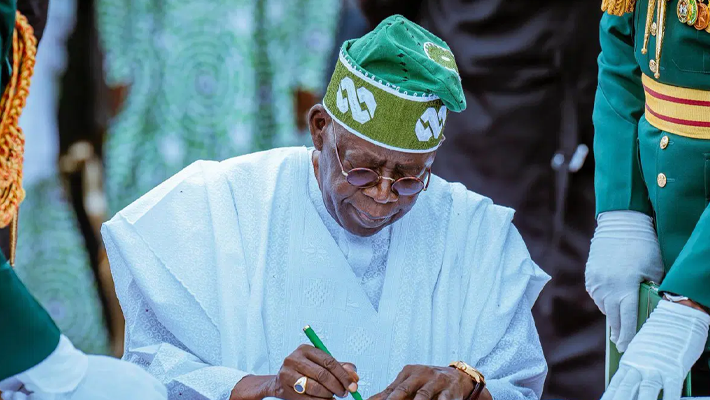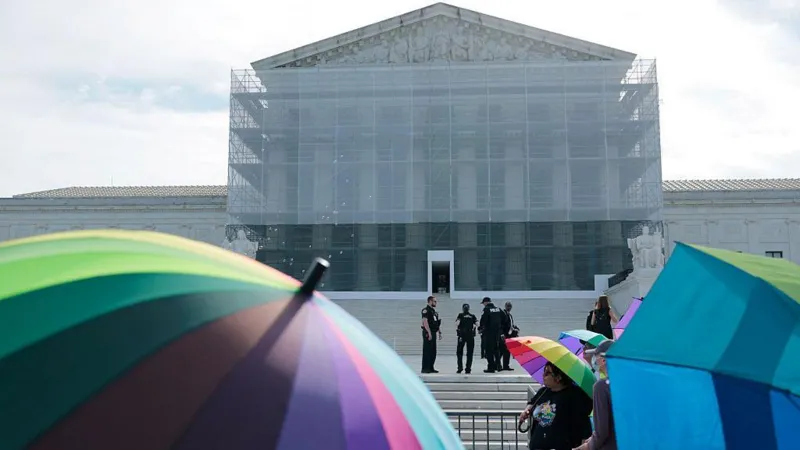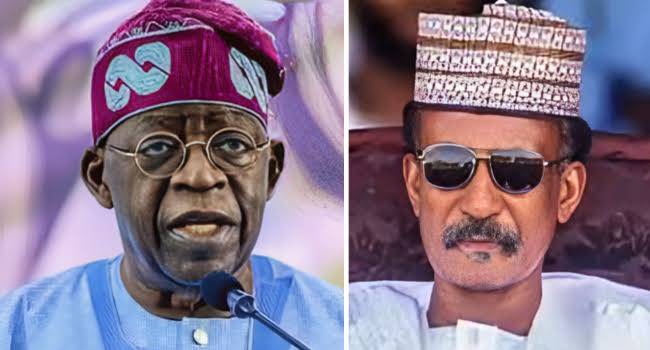By Chidi Ezenwafor, MCArb
The Question of Legislative Discipline
Every democratic institution thrives on order, decorum, and discipline. The Nigerian Senate, like its counterparts around the world, has mechanisms in place to ensure its members conduct themselves in a manner befitting their office. One of these mechanisms is the power to suspend a senator for misconduct.
But how far can this power go? Can a senator be suspended indefinitely? What happens when such suspensions interfere with the fundamental right of constituents to be represented? This paper delves into the extent of the Senate’s power to suspend its members, the limitations imposed by law, judicial pronouncements on the issue, and insights from other democracies.
The Legal Basis for Disciplining Senators in Nigeria: The Nigerian Senate’s authority to regulate its members is derived from:
• Section 60 of the 1999 Constitution (as amended), which empowers the National Assembly to regulate its procedure, including disciplinary measures.
• The Senate Standing Orders 2015 (as Amended), which set internal rules guiding the conduct of senators.
However, while the Senate has this authority, it is not limitless. It must comply with fundamental constitutional principles, particularly:
• The Right to Fair Hearing (Section 36 of the Constitution) – A senator facing suspension must be given an opportunity to defend themselves.
• The Right of Constituents to Representation – A prolonged suspension effectively denies voters their right to be represented in the Senate.
Thus, while discipline is necessary, it must be balanced with democratic and constitutional safeguards.
How Long Can a Senator Be Suspended?
Understanding the Rules
According to Order 67 of the Senate Standing Orders 2015, the duration of a senator’s suspension depends on the severity of the offense:
1. For Minor Offenses: The Senate President can order the senator’s withdrawal for the remainder of that day’s sitting.
2. For More Serious Misconduct: A motion may be moved for suspension, but “shall not exceed fourteen legislative days.”
Since the Senate sits about three times a week, this means the maximum possible suspension is around four to five weeks. Any suspension beyond this period violates the Senate’s own rules and is procedurally questionable.
Yet, there have been instances where senators were suspended for six months or longer, leading to legal battles and public debate.
What the Courts Say: The Limits of Legislative Suspensions
Nigerian courts have repeatedly ruled that legislative suspensions must be reasonable and not used as a tool for silencing dissent or punishing political opponents.
Key Judicial Decisions
1. Senator Ali Ndume v. Senate President & Ors (2018) LPELR-46103(CA)
• The Court of Appeal ruled that the six-month suspension of Senator Ali Ndume was illegal and unconstitutional. The court held that prolonged suspensions undermine the democratic rights of the electorate and violate due process.
2. Dino Melaye v. House of Representatives (2018)
• The Federal High Court reaffirmed that legislative suspensions must be reasonable, fair, and time-bound, not arbitrary punishments for political reasons.
3. Hon. Abdulmumin Jibrin v. House of Representatives (2017)
• The Federal High Court struck down the 180-day suspension of Hon. Abdulmumin Jibrin, ruling that it exceeded the reasonable limit for disciplinary actions and violated his constituents’ right to representation.
These cases set a strong precedent: no Nigerian senator can be suspended indefinitely, and any suspension exceeding fourteen legislative days is unconstitutional.
How Other Countries Handle Legislative Suspensions
To understand best practices, let’s examine how other democracies handle suspensions in their legislative houses.
United Kingdom (UK)
• The House of Commons Standing Orders allow for suspensions of up to five sitting days for minor infractions.
• More serious offenses may lead to suspensions of up to twenty sitting days, but this requires an extensive disciplinary process involving the Committee on Standards and a final vote by MPs.
Example:
• In 2019, MP Keith Vaz was suspended for six months after an ethics investigation—but only after thorough due process.
Canada
• Parliamentary suspensions follow clear legal frameworks and require recommendations from the Ethics Commissioner or a parliamentary committee.
• Senators and MPs can be suspended, but only after a transparent and fair hearing process.
Example:
• In 2013, Senator Mike Duffy was suspended for two years over an expense scandal, but the Canadian Supreme Court later ruled that legislative suspensions must comply with natural justice principles.
South Africa
• The Rules of Parliament (Rule 51) limit suspensions to five consecutive sitting days, unless a parliamentary disciplinary committee approves an extension.
Example:
• Julius Malema and EFF MPs have been suspended multiple times for disrupting parliamentary proceedings, but no suspension has ever exceeded ten sitting days due to legal restrictions.
United States (USA)
• The U.S. Congress rarely suspends its members. Instead, it prefers censure, reprimand, or expulsion.
• Article I, Section 5 of the U.S. Constitution requires a two-thirds majority vote to expel a senator or representative.
Example:
• In 1995, Senator Bob Packwood resigned before expulsion proceedings for misconduct, highlighting the high threshold required for legislative discipline in the U.S.
Why Prolonged Suspensions Are Dangerous for Democracy
While discipline is necessary, excessive suspensions can have serious consequences:
1. They Deny Voters Representation
• Every senator represents thousands (or even millions) of Nigerians. A long suspension leaves those constituents without a voice.
2. They Violate Constitutional Rights
• Section 36 of the 1999 Constitution guarantees fair hearing, which includes the right to defend oneself before punishment.
3. They Can Be Used as Political Weapons
• If unchecked, suspension powers can be misused to silence opposition or suppress dissenting views.
Conclusion: Striking a Balance Between Discipline and Democracy
The Nigerian Senate has the right to discipline its members, but this power must be exercised within constitutional and legal limits. The courts have ruled that:
• No senator should be suspended beyond fourteen legislative days as per Senate Standing Orders.
• Prolonged suspensions violate constitutional rights and democratic principles.
• Legislative discipline must be fair, transparent, and free from political bias.
Recommendations:
1. Strict Adherence to the Senate Standing Orders
• No suspension should exceed fourteen legislative days, as stated in the rules.
2. Strengthening Due Process
• Any disciplinary action should involve an independent ethics committee and ensure the right to a fair hearing.
3. Judicial Oversight
• Courts must continue to act as a check on legislative overreach, ensuring suspensions are not used as political weapons.
By maintaining these principles, the Nigerian Senate can ensure discipline without dictatorship, order without oppression, and governance without gagging dissenting voices.
This balance is not just necessary—it is the very essence of democracy.
•Ezenwafor, MCArb, is past secretary, NBA Abuja Branch.













